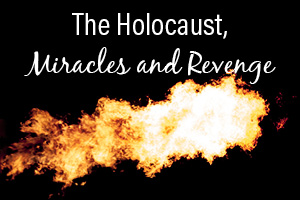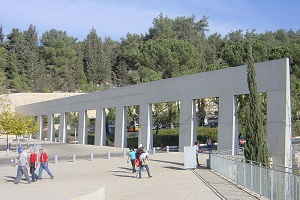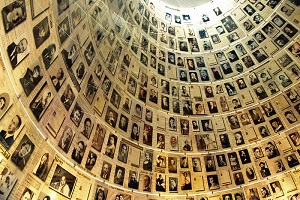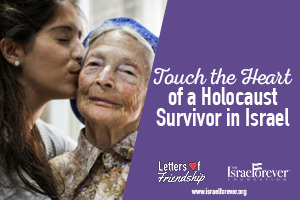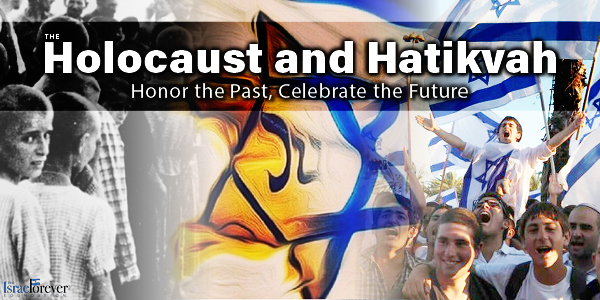Moving from testimonies to lessons
by Anat Livne
Ensuring that the Holocaust is not forgotten and making it a central part of our collective awareness are challenging tasks that our state has taken upon itself since its establishment, and has so far accomplished with great success. It is becoming more and more widely recognized that Holocaust survivors' personal testimonies are the key, and possibly most important, component of remembering the Holocaust. These testimonies have now become the main memorial that is passed down to future generations.
But now, with the last generation of Holocaust survivors rapidly dying out, the question has to be asked: What can be done in terms of educational activities aimed at perpetuating the memory of the Holocaust? One cannot help but wonder how Holocaust remembrance will look in the future, when Holocaust survivors are no longer among us as living testimony of the historic events.
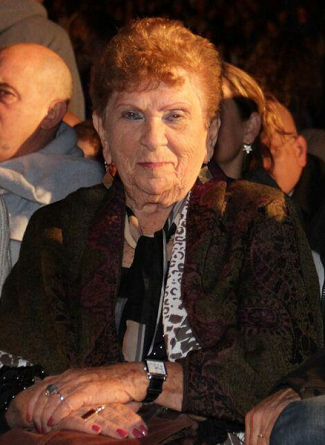
Chavka Folman Raban distributed under a CC BY-SA 3.0 license
We can't take this seriously enough. Those of us who work daily at perpetuating the memory, and see the huge impact that the survivors' testimonies have on visitors at memorial sites, can't help but feel concerned. When we see young students or uniformed soldiers sitting rapt, with twinkling eyes, as 87-year-old Chavka, the radio operator from the Warsaw ghetto, tells them the story of the ghetto underground and how she survived Auschwitz, we know that there is nothing that can replace this experience.
It is now our task to find a worthy substitute for these direct testimonies. The documented testimonies will, of course, remain, and play a central role in remembering the Holocaust, but the following generations have been assigned an important task, that we can, and must, complete. We need to divert the focus away from the specific stories and toward the universal lessons of the Holocaust. We need to underscore the historic message as it applies to modern times, which is also echoed in the survivors' testimonies.
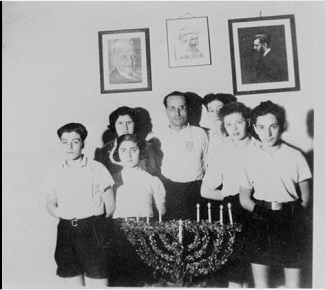
United States Holocaust Memorial Museum, courtesy of Jizchak Schwersenz.
Our task is to turn the unique message communicated by the survivors into a humane moral decree. If we go back to Chavka, the radio operator, we will find in her testimony, alongside fascinating stories from the ghetto, a message on combating all kinds of racism or humiliation directed at minorities or anyone who is different. We will learn that the survivors' testimonies carry significant importance in terms of education to values and morals as well. When we put on display the historic ordeals that befell the Jewish people as an outcast, weak minority, we have to simultaneously emphasize the importance of creating a just and value-driven society in Israel, a society founded on humanistic values and democratic strength.
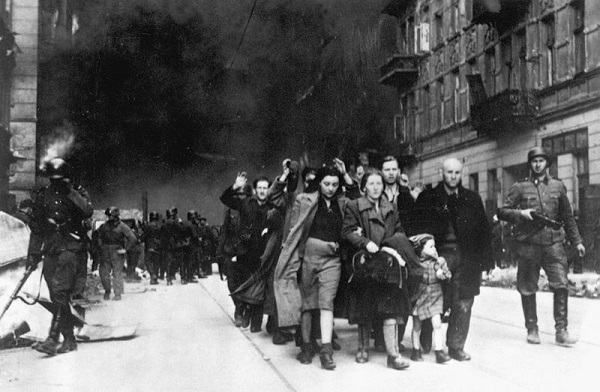
Warsaw Ghetto Uprising
Another universal lesson we must glean form the survivors' testimonies is faith in the human spirit. The most important lessons of the Warsaw Ghetto uprising, and of the Holocaust as a whole, are making moral choices, accepting responsibility, and maintaining solidarity despite constant efforts to break it. From the experiences of the Holocaust we can learn what personal responsibility is for every man and woman toward the society they inhabit, and what moral choices are in an age dominated by hate and religious and racial persecution.
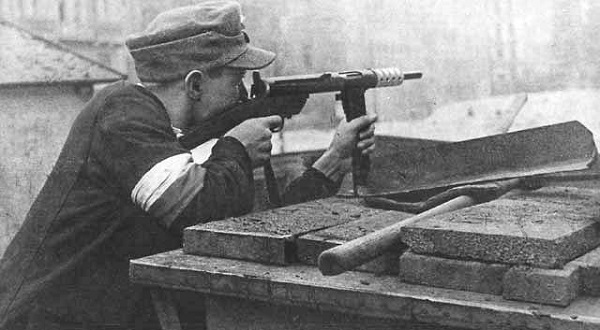
Warsaw Uprising Photo credit: Wp.com
It is important that the perpetuation of the memory of the Holocaust rise above the emotional and shock value of the individual stories. It is imperative that it provoke thought, and prompt the asking of questions and present moral and existential dilemmas as they are represented in the ghettos and camps. The focus must be on people and the choices they made when faced with impossible alternatives, based on their moral codes and personal experiences. In this way the memory of the Holocaust will be able to illuminate basic concepts that are relevant to future generations as well.

Anat Livne is the director of the Ghetto Fighters' House.

